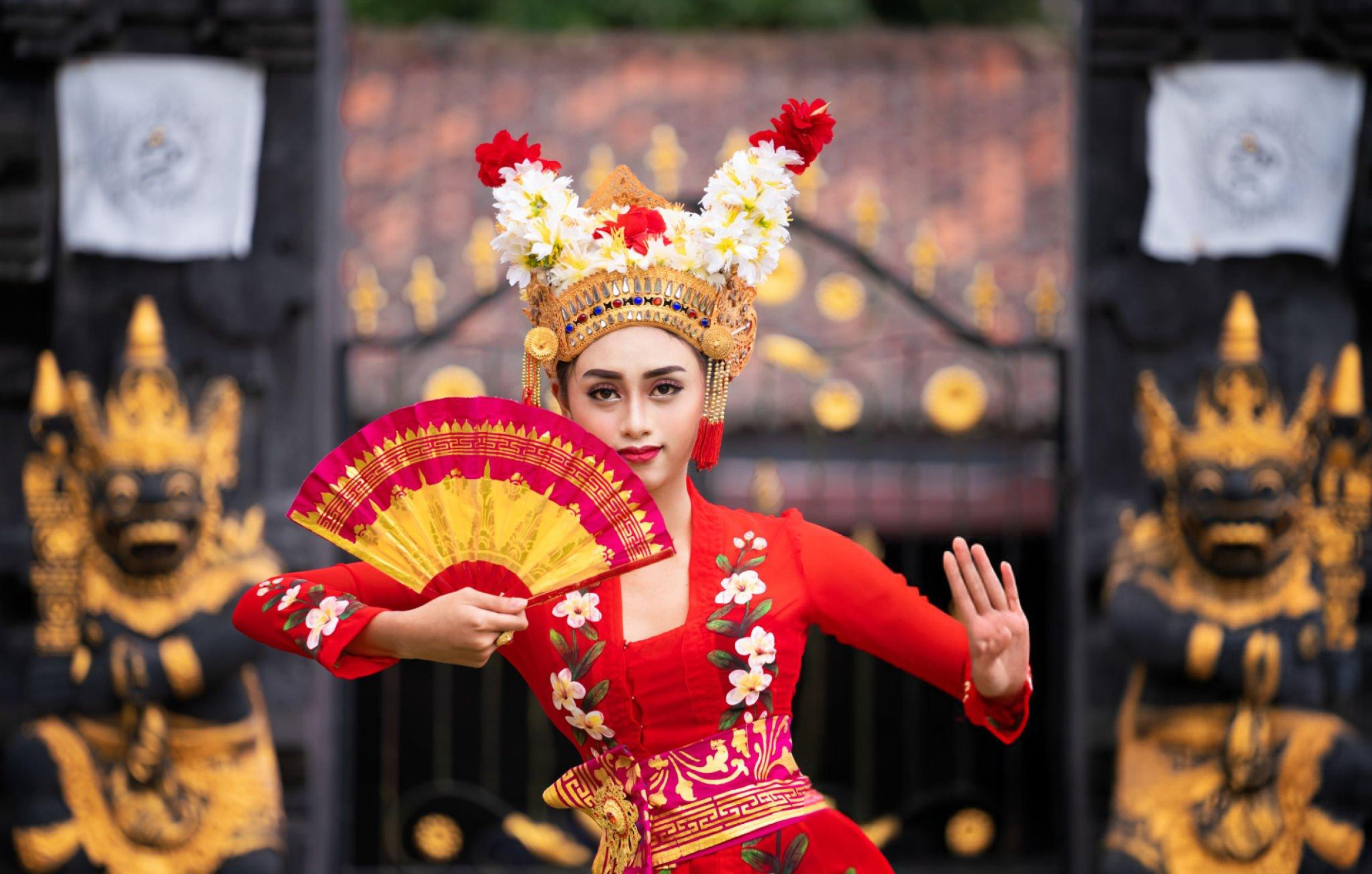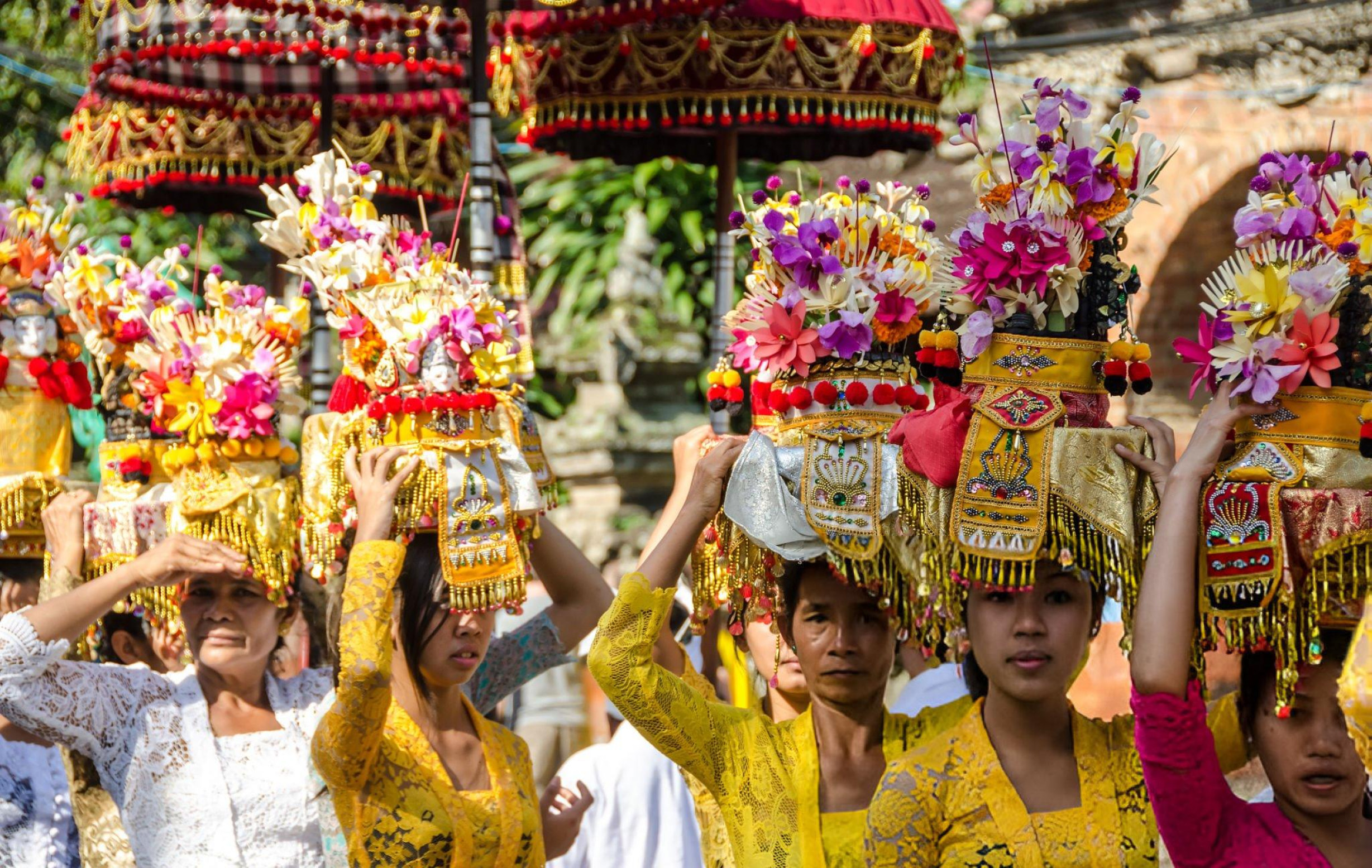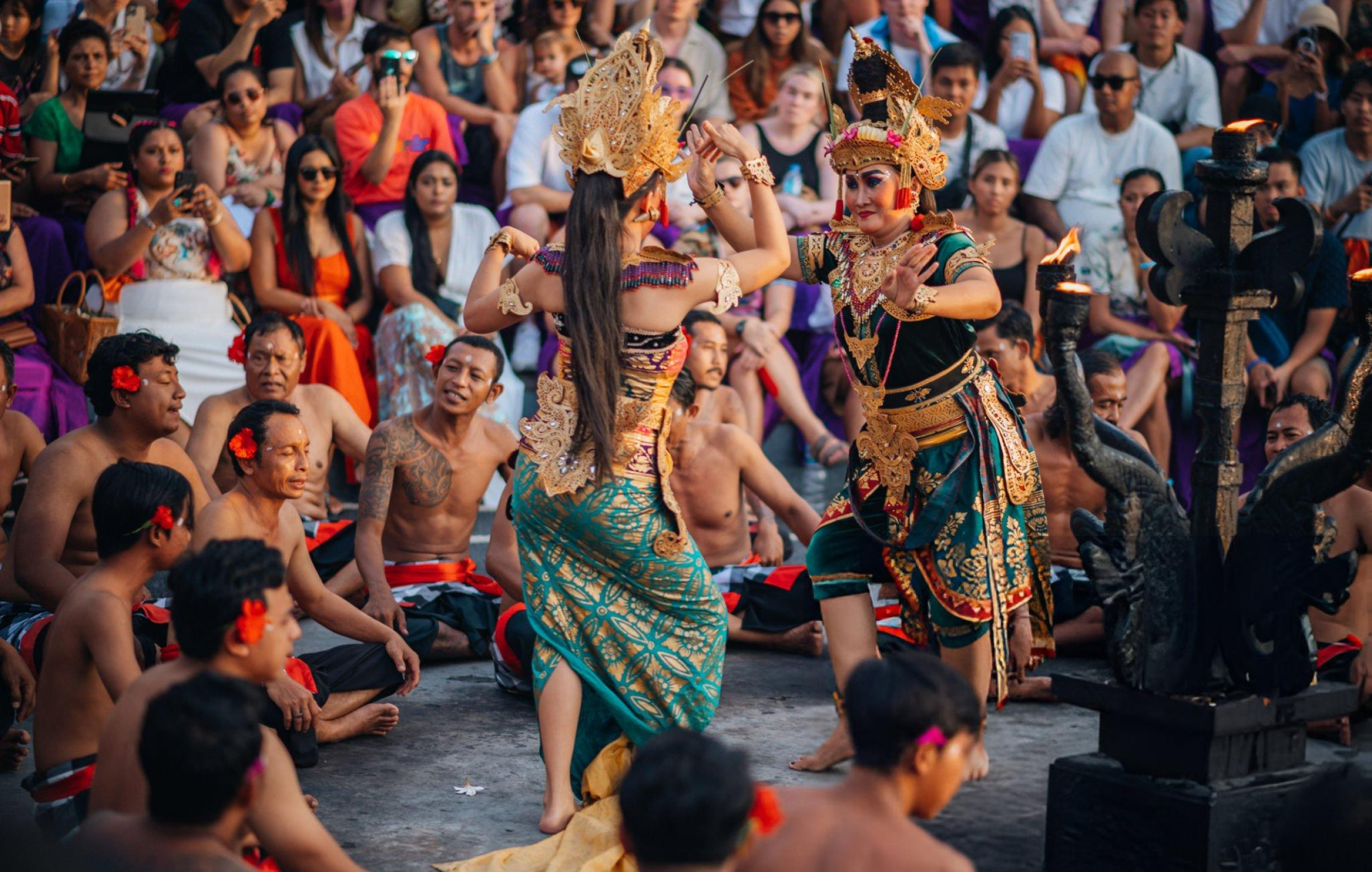09 July 2025
Living the Balinese Way: What Makes Bali’s Local Culture So Unique?
4 Minutes Read

This article will explore Bali’s unique cultural elements, how they influence daily life, and why they matter for those planning to invest or settle here.
The Core Philosophy: Tri Hita Karana

Rather than seeing buildings or land as mere commodities, Balinese people consider them part of a larger balance. This perspective deeply affects how property is developed and maintained, often incorporating open spaces, shrines, and natural elements to ensure spiritual and environmental harmony.
Why Tri Hita Karana matters for investors?
- Properties designed in line with Tri Hita Karana are often more appealing to buyers and renters seeking authentic, meaningful experiences.
- These cultural design considerations can increase long-term value and guest satisfaction.
- Embracing local philosophies can help build stronger community relationships, making future developments smoother and more welcomed.
Rituals and Ceremonies: Life is a Celebration

Such ceremonies beautifully illustrate how deeply the Balinese integrate spiritual devotion into every aspect of their daily lives. For outsiders, it can feel like stepping into a living work of art. How does it shape community life?
- Frequent community gatherings strengthen neighborhood bonds, making local areas safer and more cohesive.
- Festivals create a constant sense of celebration, which appeals to residents and visitors looking for cultural immersion.
- Investors building rental or hospitality properties can integrate these cultural touchpoints to enhance guest experiences.
The Banjar System: The Heart of Local Governance
A banjar is a local community organization that manages village-level activities, from ceremony preparations to social issues. It’s an essential part of Balinese life, functioning as both a community council and social safety net. Implication for long-term residents:
- Foreigners living in Bali often participate in banjar meetings or support local events, creating strong connections with neighbors.
- Property developments need to respect and coordinate with the local banjar, especially for building permits or renovations.
- Investors who understand and collaborate with the banjar are more likely to succeed and be accepted by the community.
Art, Dance, and Music: Expressions of the Soul

- Access to local arts and performances offers residents and guests an authentic cultural lifestyle.
- Investing in properties near cultural centers or art villages (like Ubud) can appeal to visitors seeking artistic immersion.
- Supporting or sponsoring local artists can further strengthen community ties and property branding.
Unique Sense of Community and Hospitality
The Balinese are widely known for their heartfelt friendliness and sincere hospitality, often referred to as ramah tamah in the local language. Guests are treated like family, and new neighbors are welcomed openly. Benefits for property owners and investors:
- Properties that emphasize community integration can command higher loyalty from long-term tenants and repeat guests.
- Hospitality-focused design and services help create a “home away from home” feeling that modern travelers crave.
- Positive local relationships often translate into smoother operational processes and stronger word-of-mouth promotion.
Living the Balinese Way: A Holistic Investment Perspective

Properties that incorporate Balinese philosophies and community-focused designs not only stand out in a competitive market but also enjoy higher levels of acceptance and support from local stakeholders.
Build Your Balinese Dream with Koskaki
Whether you’re planning to build a family villa, launch an eco-conscious retreat, or simply enjoy a peaceful new chapter in life, embracing Balinese culture can make all the difference. Koskaki helps you navigate this journey with deep local expertise, legal guidance, and cultural understanding. Contact Koskaki today to discover how you can invest and live the Balinese way confidently.
Share This Article to :